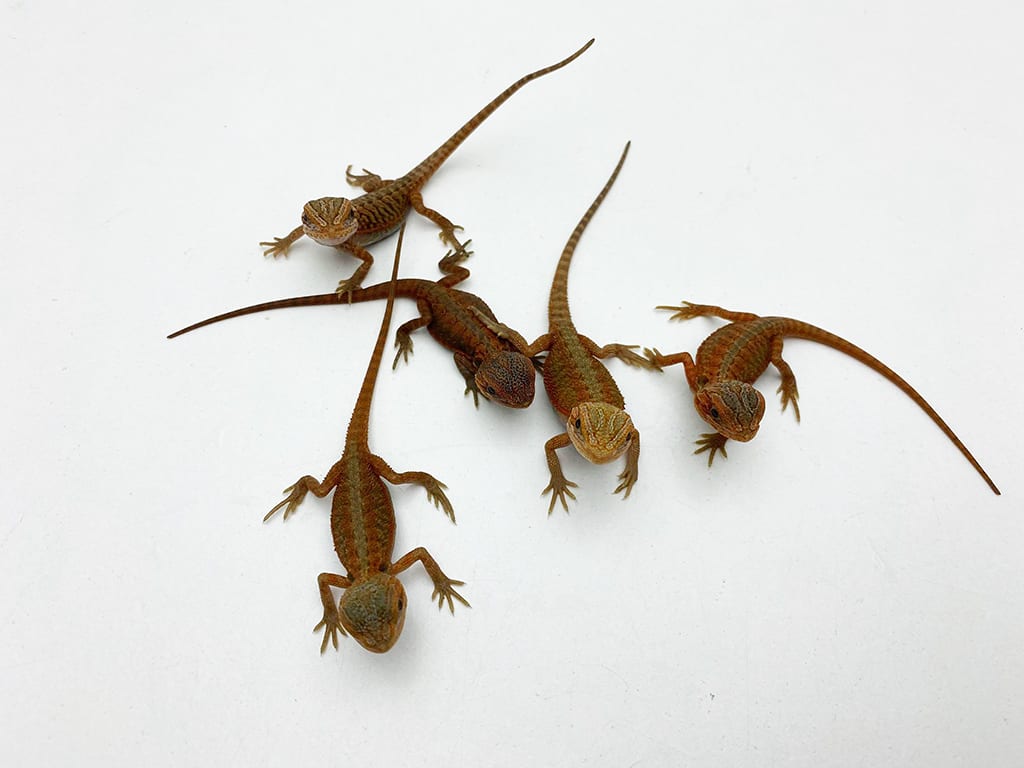


This affluence of scientific reports has described many aspects of ApoD functional features, but a fundamental question remains to be responded: does ApoD moonlight, performing different biochemical functions in different biological contexts? or does it display a distinctive biochemical role that is being used in several physiological systems?Īlong this half-a-century of ApoD research many reviews focused on this protein have been published. Experimental research on ApoD has been accumulating, encouraged by numerous findings of ApoD relationship to many human diseases, from cancer to cardiovascular, metabolic or neurodegenerative conditions. The new picture emerging from these data should help to put the physiological role of ApoD in new contexts and to inspire well-focused future research.ĪpoD, identified and named almost 50 years ago, is a protein belonging to the Lipocalin family. Controlling the redox state of these lipid structures in particular subcellular locations or extracellular structures, ApoD is able to modulate an enormous array of apparently diverse processes in the organism, both in health and disease.

We conclude that ApoD ligand binding in the Lipocalin pocket, combined with an antioxidant activity performed at the rim of the pocket are properties sufficient to explain ApoD association with different lipid-based structures, where its physiological function is better described as lipid-management than by long-range lipid-transport.

Also, its presence in different tissues, from blood to brain, and different subcellular locations, from HDL lipoparticles to the interior of lysosomes or the surface of extracellular vesicles, poses an interesting challenge in deciphering its physiological function: Is ApoD a moonlighting protein, serving different roles in different cellular compartments, tissues, or organisms? Or does it have a unique biochemical mechanism of action that accounts for such apparently diverse roles in different physiological situations? To answer these questions, we have performed a systematic review of all primary publications where ApoD properties have been investigated in chordates. Among other features, regulation of its expression in a wide variety of disease conditions in humans, as apparently unrelated as neurodegeneration or breast cancer, have called for attention on this gene. Instituto de Biologia y Genetica Molecular, Unidad de Excelencia, Universidad de Valladolid-Consejo Superior de Investigaciones Cientificas, Valladolid, SpainĪpolipoprotein D is a chordate gene early originated in the Lipocalin protein family.


 0 kommentar(er)
0 kommentar(er)
